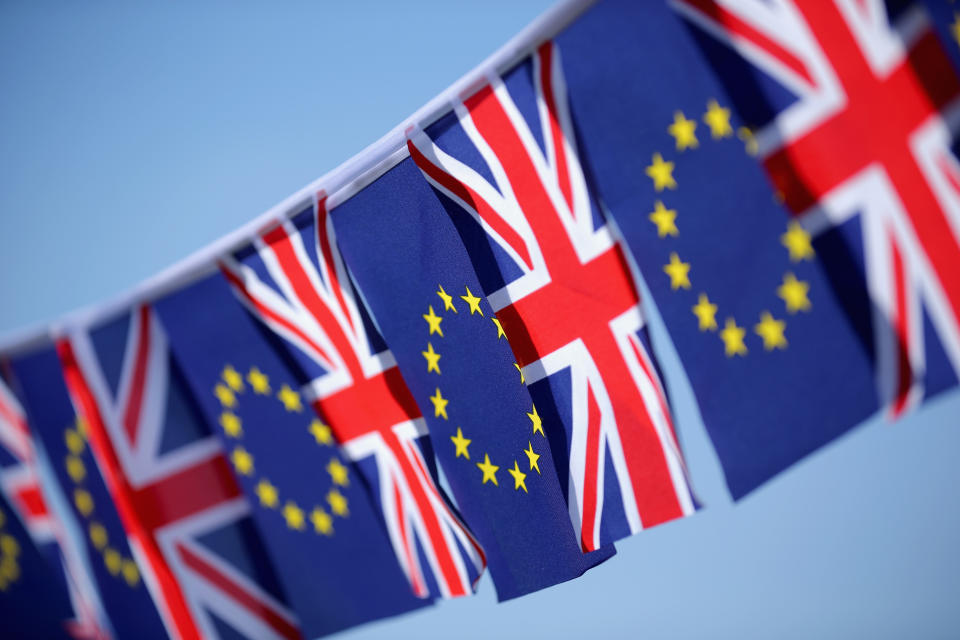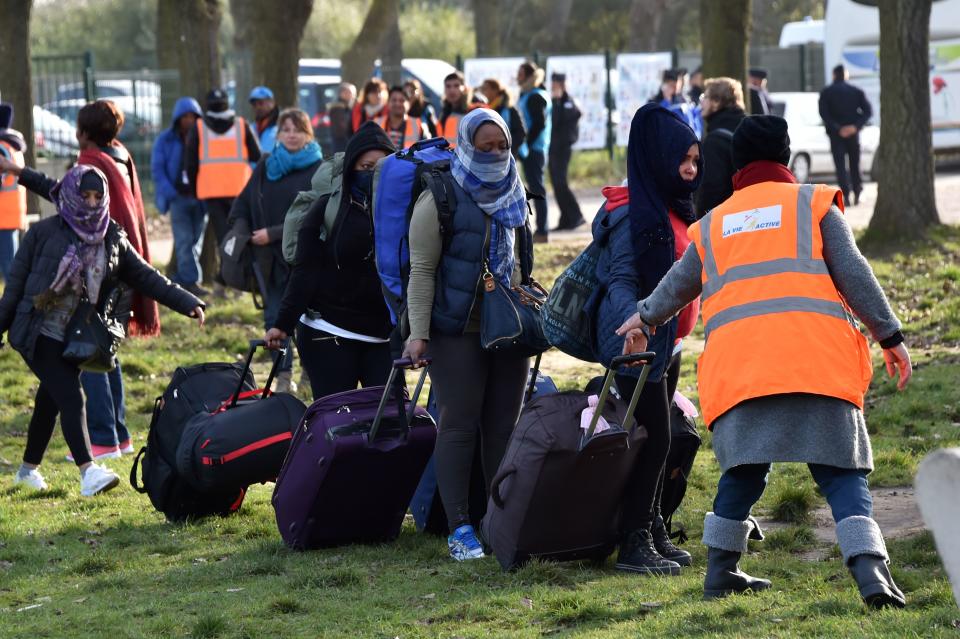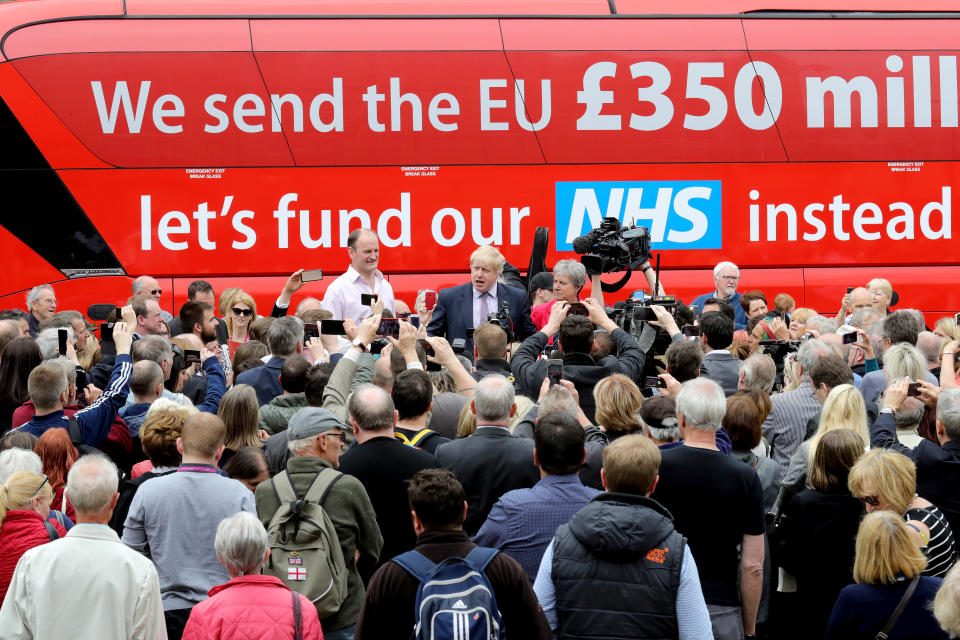Brexit: shared market plan for UK and EU 'not one for extremists'

A new shared market model that could keep the benefits of single market while allowing divergence from EU rules over time is the way forward after Brexit, a think-tank has argued.
The Institute for Public Policy Research (IPPR) says Europe and the UK should be able to share each other’s markets.
Its new report says the UK and EU can continue to use the regulatory alignment that exists today, and form of a new customs union similar to the existing one.
MORE: PM outlines wish to sign trade deals during Brexit transition
The new relationship would allow tariff-free trade, and the UK to benefit from EU trade deals, the centre-left think-tank says.
Its report was due to be presented to Brexit secretary David Davis on Monday, before prime minister Theresa May meets senior ministers and close advisers to try to arrive at some kind of accord what the UK should be seeking from trade talks in the next stage of Brexit discussions.
What does the IPPR say on Brexit?
It proposes a transition arrangement based on “full participation in the single market, in order to give the UK and the EU sufficient time to agree the future long-term partnership”.
In the longer term, it suggests a new model of alignment described as “shared market” that would aim for continued alignment between the UK and the EU across most of the single market, but would recognise the potential for regulatory divergence over time.

What does this mean?
The agreement would stipulate that continued regulatory alignment in all aspects of the single market, with the exception of the free movement of people, is required in order to access the full benefits of the single market.
The shared market would include agriculture, fisheries and a customs union, and thereby eliminate the need for customs and compliance checks that exist between EEA countries – such as Norway – and the EU.
IPPR director Tom Kibasi, the report author, says: “The shared market is a practical proposal that honours the referendum result while securing our economic interests. It is neither remaining in the EU nor crashing out in a hard Brexit.”
MORE: EU warns Brexit deal by 2019 will be ‘dramatically difficult’ as talks move to next phase

How does the issue of immigration fit in?
There would be regulatory alignment on competition-related measures such as state aid, intellectual property rights and public procurement, as well as horizontal and flanking policies, such as company law, consumer protection, employment rights, environmental protections, and gender equality and anti-discrimination legislation.
With respect to the free movement of people, there would be an agreement on ‘quasi-alignment’ – i.e. an agreement that “upholds the key principle of free movement of people while allowing new controls on immigration”.
The IPPR argues this could constitute a ‘safeguard measure’ that allows the UK to impose temporary controls on EEA migration during “periods of exceptionally high inflows” – such as the refugee crisis out of Syria and elsewhere over recent years.
The IPPR suggests Britain could allow free movement for “key workers” or for those with a definite job offer. Failure to secure the/a job within three months would see people repatriated.
Or EU citizens would find it easier, it suggests, under a points-based system to move to the UK than those from outside the bloc.
MORE: Household finances are worse since Brexit vote, says Bank of England
Does the IPPR address concerns about EU courts holding sway over UK law?
Yes, it does, in part. The European Court of Justice would cease to have jurisdiction after the transition period.
In the shared market model, a new UK Surveillance Authority and UK Court of Justice, including representatives from the UK and the EU, would monitor and adjudicate over the agreement.

And money – the divorce bill, the £350m a week to Brussels?
As part of the agreement, the UK would make a continued financial contribution to Europe and the EU, recognising the benefits that it would receive from these investments.
This would include solidarity contributions (to help reduce regional economic and social disparities across Europe through a ‘UK Grants’ programme); programme contributions (to pay for programmes and agencies in which the UK continues to participate); and security contributions (to support the EU’s foreign and security policy, including both financial and in-kind contributions through equipment, personnel and operational support).
The IPPR stresses any money would not go directly to the EU budget, rather specific programmes and areas that benefit both the UK and the EU.
Kibasi concludes: “This isn’t a proposal for the 15% of extremists on either side: it is a proposal for the 70% of people who want a sensible deal, built on precedents, that would work for the whole country.”

 Yahoo Finance
Yahoo Finance 
